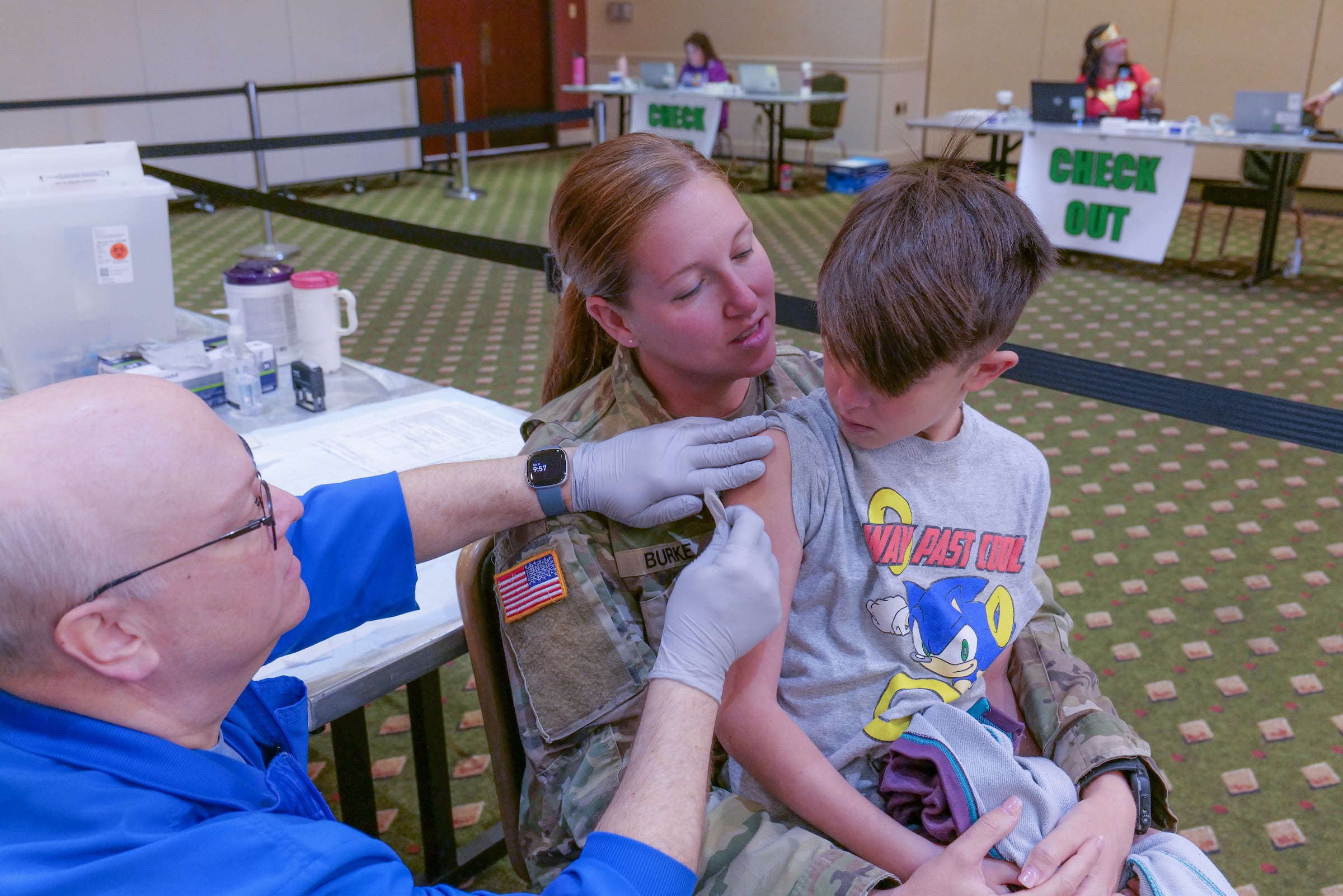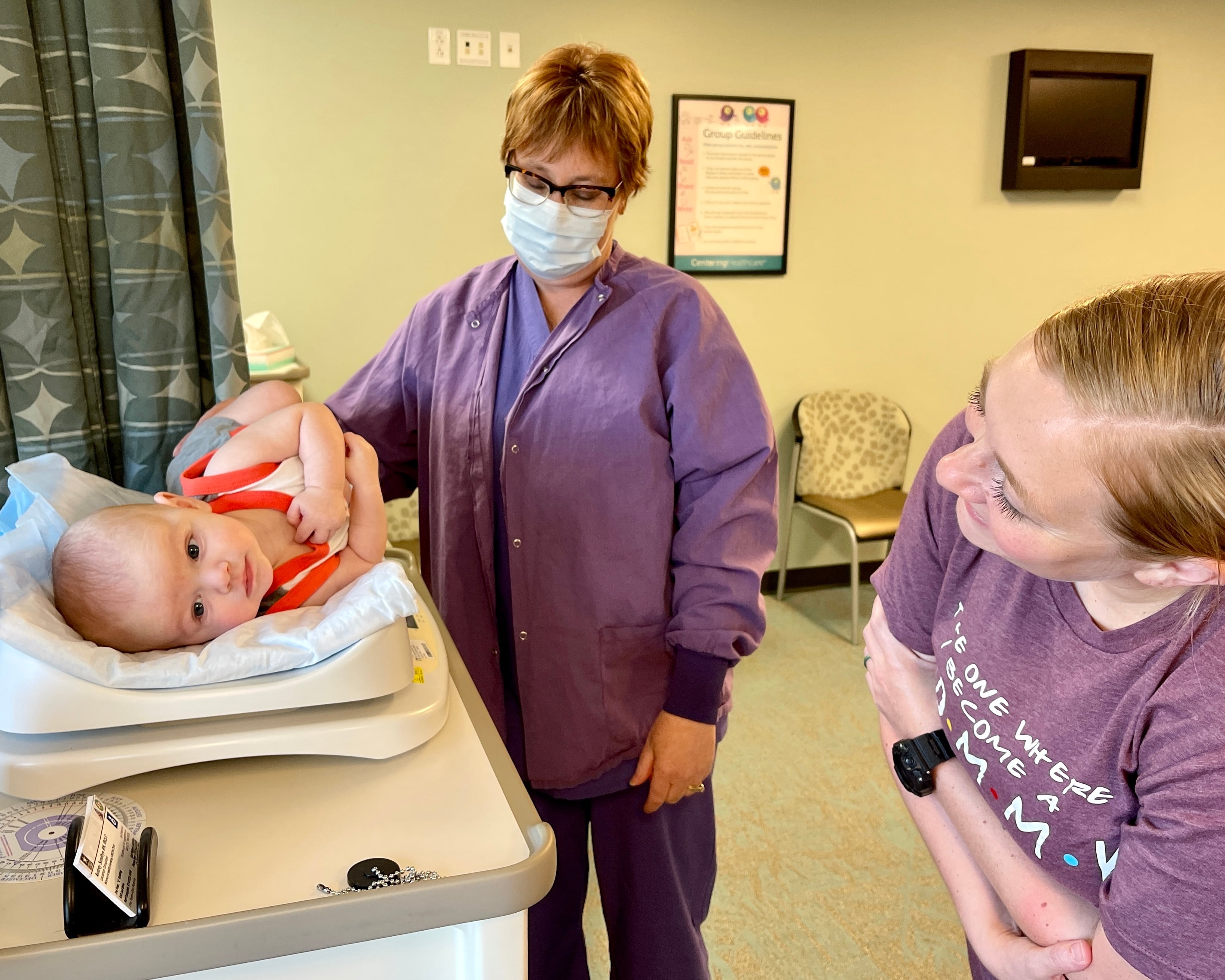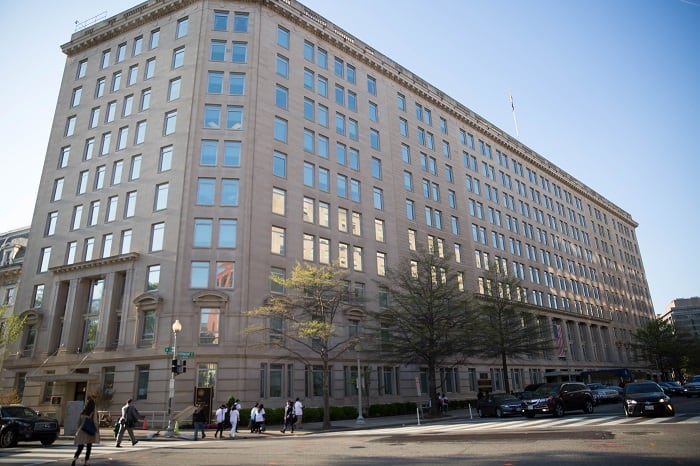U.S. Marines with Task Force Southwest aided and advised Afghan forces in the recapture of the strategic Afghan district of Nawa, according to Major Kendra Motz, a spokeswoman for the task force.
Launched in the early morning of July 15, Afghan forces advanced on the small district, located a stone's throw away from the provincial capital of Lashkar Gah, Motz said in a news release.
Aided by surveillance drones and U.S. strike aircraft, including F-16s and AH-64 Apaches, Afghan forces captured the district center on Monday.
"The goal of this operation was to clear the Nawa district from the enemies, from the Taliban," Col. Zahirgul Moqbal, the commanding officer of the Afghan Border Police, said in the release. "[Overall, our goal was] to retake the district from the Taliban."
Nawa has been used as a springboard to launch attacks into Lashkar Gah, officials said. Its capture by Afghan forces should create a buffer around the beleaguered city.
Nawa district collapsed nine months ago to the Taliban.
"Nawa plays a large role in the security of Lashkar Gah because it is one of the larger towns that's just south of Lashkar Gah," Col. David Gibbs, the commanding officer for team police, Task Force Southwest, said in the release. "Nawa is a major north-south route for transportation, so as people travel north, they would typically travel through Nawa. From that perspective it's a very significant geographic location."
The resurgent Taliban have made it a stated goal to seize a major population city. The Taliban failed to achieve that goal last year with only minor successes including the temporary collapse of Kunduz city located in northern Afghanistan and the small city of Tarin Kot, the provincial capital of Urozgan province.
The roughly 300 Marine task force aided in the operation to clear Nawa district. However, its role was relegated to "command and control, battle tracking, intelligence, maneuver, fires integration, and leadership evaluation and development," Motz said in the release.
No members of the small task force accompanied Afghans on combat missions, but as part of the expeditionary advising package, the Marines "go to established Afghan bases to advise down to the battalion level as needed," Motz said.
The expeditionary advising packages, touted by Gen. John Nicholson the commander of U.S. forces in Afghanistan before senators in February, are proving to be effective, Motz said.
Nicholson has requested an increase in troop numbers in Afghanistan by several thousand to boost the effectiveness of these expeditionary advising packages. Embedding more advisers closer to the front lines has proven effective and facilitated more airpower to fledgling Afghan forces, Nicholson explained to lawmakers earlier this year.
Air support in the Nawa operation "provided by the coalition forces increased the morale amongst the Afghan Uniform Police personnel," Lt. Col. Mohammad Omar, the acting operations officer with the 505th Zone National Police, said in the release. "Something that they never had in the past fighting with the enemies."
The White House and Defense Department are still conducting a review of the situation and Afghanistan and a decision on a troop increase is still pending.
"It was a very successful operation in Helmand," Moqbal said in the release. "Defeating the enemy in Nawa means defeating the enemy in Helmand."
Shawn Snow is the senior reporter for Marine Corps Times and a Marine Corps veteran.





